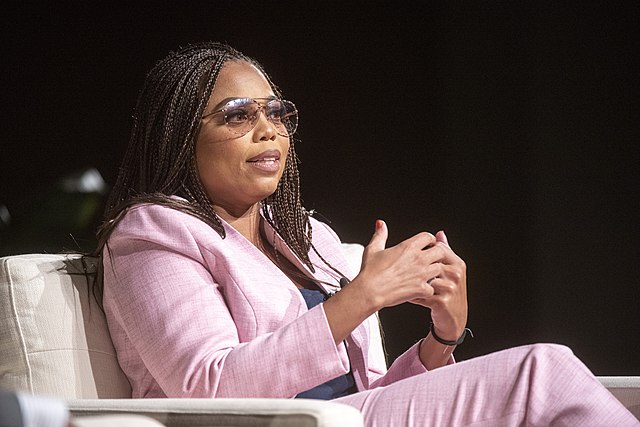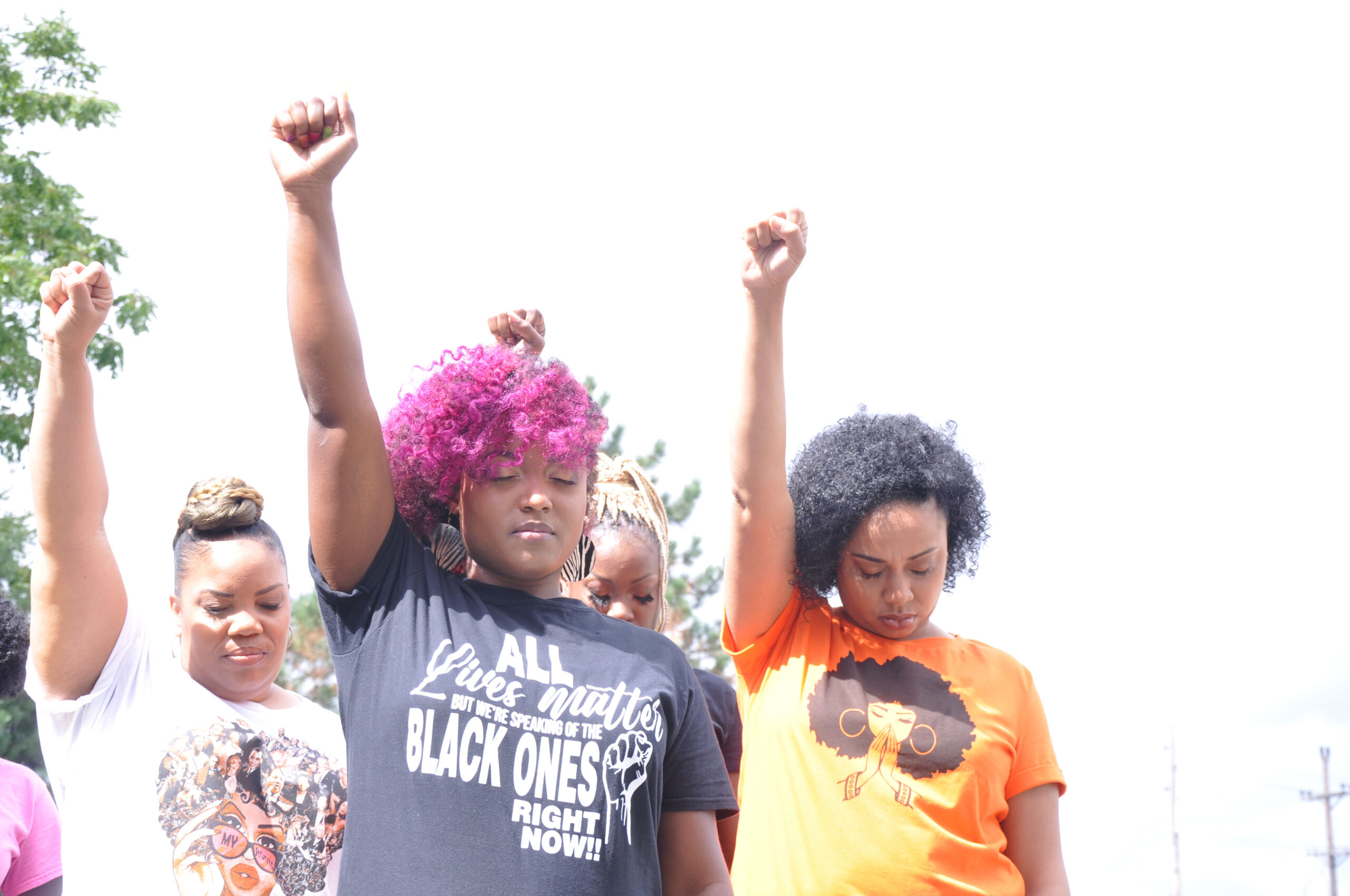(MINNEAPOLIS) — With a career spanning over two decades, Jemele Hill has made her mark in the sports journalism industry. She has been a part of major sports media networks such as ESPN, as well as several prominent newspapers. Hill has established a reputable presence within the sports world and her success inspires aspiring journalists from underrepresented backgrounds. However, her style of journalism often falls into a gray area where it’s not entirely clear whether she’s doing traditional reporting or leans more toward advocacy journalism. This is because she’s not afraid to challenge the idea that politics and sports should remain separate.
In a 2008 editorial for ESPN, during the 2008 NBA Playoffs, discussing why Hill could not root for the Boston Celtics, she made a comparison between the team and Adolf Hitler, leading to her one-week suspension from her post. She wrote: “Rooting for the Celtics is like saying Hitler was a victim. It’s like hoping Gorbachev would get to the blinking red button before Reagan.”
The remarks in the article were met with negative responses, and as a result, that part of the editorial was removed shortly after the column was released. Hill later wrote an apology. ESPN faced backlash for how it handled Hill’s situation, particularly when compared to another employee, former Notre Dame football coach Lou Holtz, who made a Hitler reference in 2008 but did not receive a suspension.
Her most prominent work at ESPN was where she co-hosted “SportsCenter” and contributed as a columnist. Hill’s influence on ESPN was particularly evident in her roles on “His & Hers” and “SC6”, which she hosted alongside Michael Smith, a sports journalist and ex-ESPN host.
On March 17, 2017, in a segment on “SC6”, along with Smith, Hill created a space for bold conversations about athlete activism, emphasizing the importance of athletes leveraging their influence to bring about social transformation. For example, in response to Colin Kaepernick’s national anthem protests, Hill took offense at reports that NFL teams had not signed Kaepernick because they found him to be “embarrassing.”
She said on air, “Hit a woman, be accused of sexual assault…You do all those things and they [the NFL] don’t call anybody an embarrassment…But here’s somebody who’s trying to stand for justice and equality and you consider that to be somehow embarrassing your NFL that has no problem employing people who have done some pretty undesirable things.”
During her time at ESPN while working on “SC6,” Hill has not shied away from controversy. Her 2017 tweet, in which she referred to Former President Donald Trump as a “white supremacist,” is just another example of her willingness to make bold statements. Such remarks, while sparking debate, have raised questions about journalistic professionalism and the balance between journalism and personal commentary.
After leaving ESPN in 2018, Hill stepped away from conventional sports journalism. Her work on “Cari+Jemele (won’t) Stick to Sports” with Cari Champion, broadcast journalist and TV personality, gave her a platform to unapologetically express her viewpoints that transcended the boundaries of sports and ventured into societal and political issues.
In 2020, on the show, Hill delved into the complexities of navigating racism and misogyny in the U.S., shedding light on the intricacies of the “hierarchy ladder,” which might not be fully grasped within the Black community, particularly by Black men. She said, “They [Black men] still have male privilege, ok. We’re [Black women] are still at the bottom because we have to ultimately battle both racism and sexism, and it’s hurtful that in our own community, we can’t talk about the misogyny that we face from other Black men.”
The intersection of sports, politics, and social justice is at the heart of Hill’s work. Her approach to these complex issues enriches the public discourse, demonstrating that sports often mirror and influence broader societal concerns. Her open and engaging conversations on sensitive topics like racism and inequality encourage a willingness for dialogue and debate, creating a space where differing perspectives can be heard and considered.
Journalism plays a pivotal role in holding powerful institutions accountable. Hill’s work is no exception. She frequently challenges authorities, politicians, and organizations, contributing to transparency and accountability in both politics and society. Her work, like any journalism, is a testament to the principles of free speech and free press protected by the First Amendment. It represents the diversity of viewpoints and perspectives that enrich a democratic society, even when her views are divisive.
Jemele Hill is a respected African-American journalist whose work, often existing in the gray area of journalism, contributes significant value to the field. She promotes diversity and representation, advocates for underrepresented issues, amplifies marginalized voices, encourages open and engaging conversations, and contributes to transparency and accountability. Her unique approach, rooted in the expression of personal viewpoints, resonates with audiences who appreciate authenticity and transparency in journalism.
As journalism evolves, her role remains pivotal in fostering open and engaging discussions on issues crucial to societal progress. While her work may provoke controversy and divergent opinions, it represents the essence of the First Amendment by contributing to the diversity of voices and perspectives that enrich our democratic discourse. The First Amendment, with its robust protection of free speech and free press, accommodates the dynamic nature of journalism, allowing journalists like Jemele Hill to bring their unique and valuable perspectives to the forefront.


